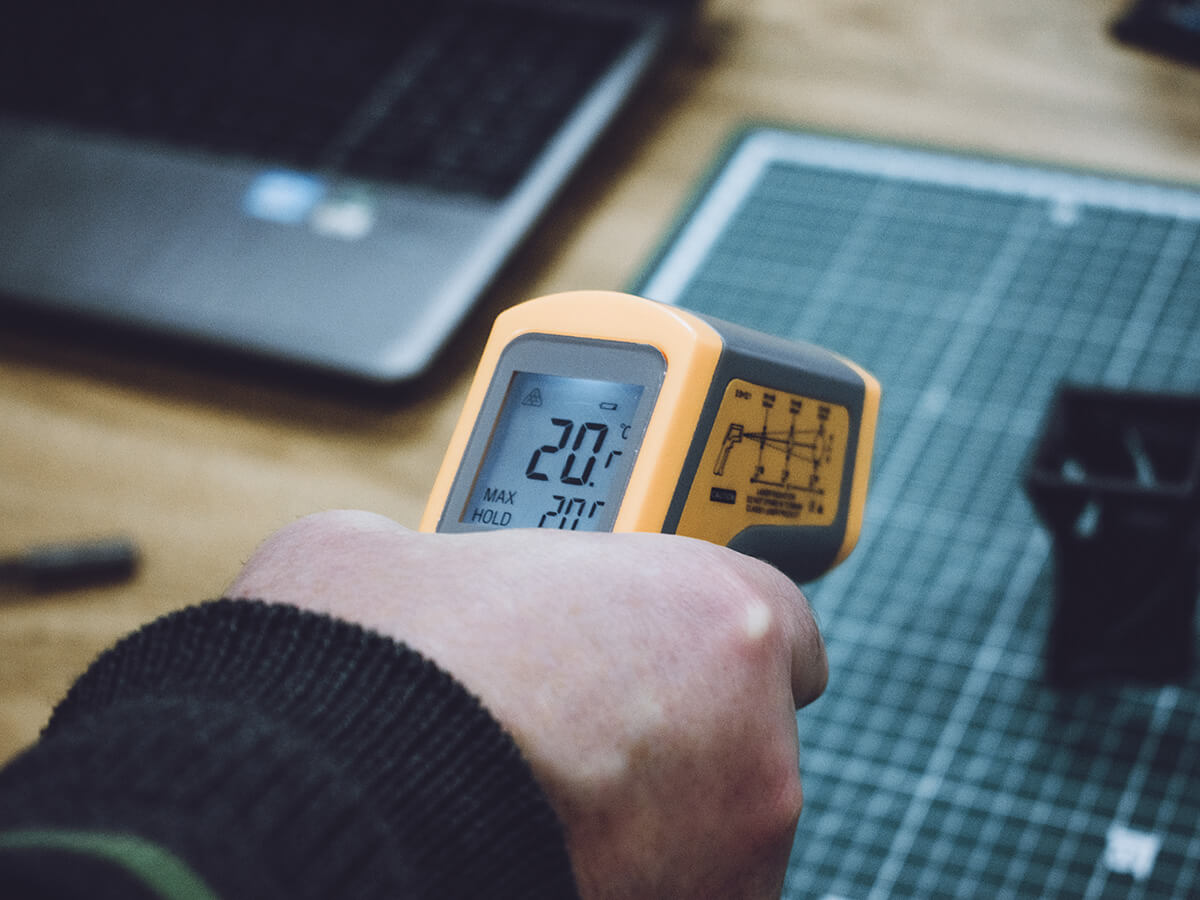Indium Coating On Plastic
Typically and historically, Indium has been applied as a thin coating to glass. The deposition of Indium Tin Oxide (ITO) onto glass requires temperatures exceeding 190° C to provide low sheet resistance and good optical clarity.

This is obviously not ideal for plastics; however modern-day advancements have now seen Indium coating on plastic (in the form of Indium Tin oxide) become a workable reality.
Indium Tin Oxide when coated to plastic enables the plastic to become electrically conductive – plastic that can carry a charge? That’s quite exciting right? Why? Keep reading, we look at the possible applications and what types of plastics can be coated with Indium Tin Oxide.
Indium Tin Oxide Plastic Coatings
ITO as a coating remains clear yet provides (as mentioned above) an electrically conductive surface, opening up a host of applications for a variety of industries, including consumer electronics, automotive, aerospace, medical, military and much more.
Indium Tin Oxide when coated to plastic is used to manufacture components for touchscreens (used in retail environments for example as well as medical and military instruments), electroluminescent lamps and electromagnetic shielding applications.
Other uses include heated display filters, photovoltaic cells and touch enabled lighting systems.
The indium coating can be applied to polycarbonate, acrylic and polyester films. The film has similar transmittance and resistance properties to that of glass. Diamond Coatings offers an enhanced substrate handling system, so we can deposit coatings not only onto both flat and shaped substrates but also onto a range of injection moulded plastic parts.
Indium Tin Oxide Coated Plastic Options
Polycarbonates are used so widely partly due to their ease of machining and because they are easily moulded and thermoformed. When ITO coated, polycarbonates offer the superior optical properties expected and are highly conductive as well as being temperature and impact resistant.
Our polycarbonate substrate is available with a choice of finishes – hard coated, anti reflective and flame resistant.
Acrylics are a useful alternative to glass. In fact, it could be classed as superior to glass due to its durability and significantly reduced weight. The acrylic sheets are hand-made and inspected to the highest optical specification. These coated acrylics can also be supplied with additional scratch resistant and anti reflective properties.
Polyester film when coated with ITO has a conductive surface whilst remaining transparent, making them suitable for use in such applications as medical sensors, LCD displays, EMI/RFI shielding and transparent heaters.
These films are often chosen to meet specifications for applications in many industries due to their processing tolerance alongside their suitable for engineering.
For more information on our ITO on plastic solutions, or to enquire about your specific requirements, please do not hesitate to get in touch.